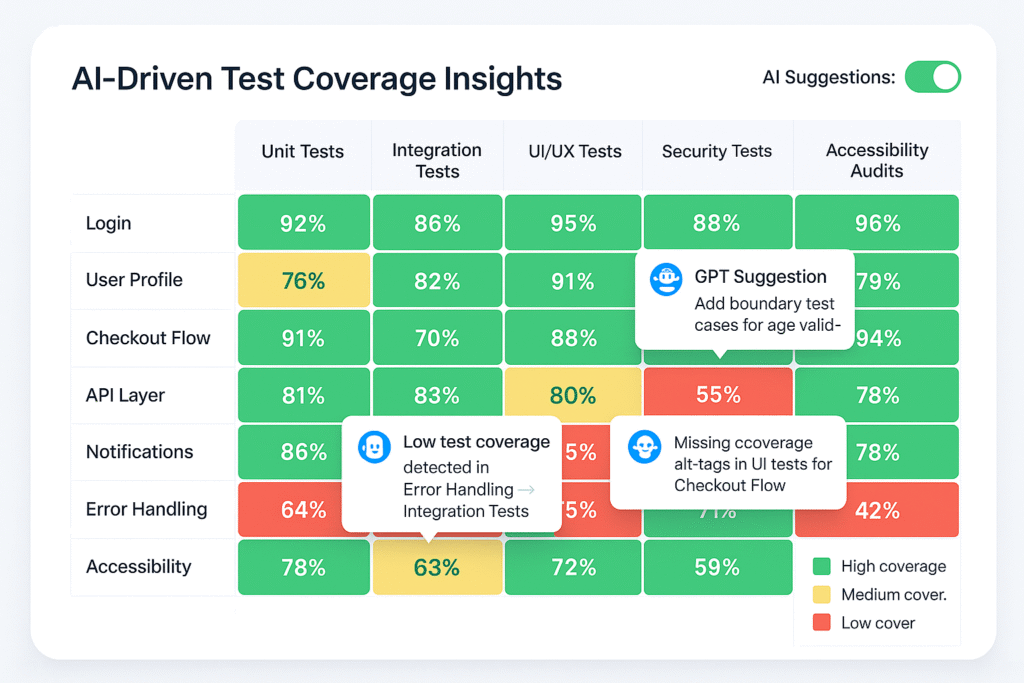
In a warning that could not be more direct, Europol — the European Union’s law enforcement agency — has urged citizens to remain vigilant against a rising wave of phone scams, spoofed emails, and fake app downloads that fraudulently claim to be from the agency.
A message posted on Europol’s official website reads: “Europol will not call you.” Behind this simple message lies a complex and fast-evolving scam operation that’s targeting everyday people across Europe and beyond.
The Scam: Impersonating Law Enforcement
In recent months, scammers have increasingly begun to impersonate Europol officials in unsolicited phone calls, text messages, and emails. Victims are falsely informed that they are either implicated in serious crimes such as money laundering, or that their identities have been stolen and are being misused.
To make the fraud appear credible, the scammers use ‘phone spoofing’ — a technique where caller ID information is faked to make it look like the call is coming from a real Europol phone number. In some cases, victims are also being tricked into downloading malware-laced apps branded with the Europol logo.
Once communication is established, the fraudsters pressure victims into divulging personal information, banking details, or making urgent payments. Europol has emphasized that these actions are not legitimate and under no circumstances would its staff engage with citizens in such a manner.
Real Names, Fake Correspondence
Europol’s name is not the only brand being exploited in this scam campaign. The fraudulent messages have invoked the names of real Europol senior officials — including Executive Director Catherine De Bolle, Deputy Executive Director Jean-Philippe Lecouffe, and Jürgen Ebner — to increase the sense of urgency and legitimacy.
Scammers have even gone as far as to create falsified letters and emails in multiple languages, claiming to represent not just Europol, but also other law enforcement networks such as EMPACT (European Multidisciplinary Platform Against Criminal Threats).
These elaborate scams are not just limited to emails or phone calls. Europol has confirmed that some victims received bogus legal notices from third-party companies supposedly working on behalf of the agency.
A Clear Message from Europol
Europol is clear in its messaging:
- They do not issue fines.
- They do not open criminal investigations via phone calls.
- They do not ask for personal information, banking details, or app downloads.
If you receive such a message, it is fake.
Citizens are urged to report such scams to their local or national police, who can then escalate the matter if Europol’s assistance is required. The agency also clarified that it does not accept direct reports from members of the public and cannot launch investigations based on individual complaints.
Real Law Enforcement Efforts Continue
While scammers misuse Europol’s name to fuel cybercrime, the real agency continues its work on the frontlines of international digital law enforcement.
Just this week, Europol announced the success of Operation PowerOFF, a coordinated global crackdown on DDoS-for-hire services — also known as “booter” or “stresser” platforms — that allow users to pay a small fee to flood and disable targeted servers or websites.
The operation involved law enforcement from the U.S., Poland, and several EU countries, and led to the arrest of four suspects in Poland and the seizure of nine illicit websites used to facilitate cyberattacks.
Among the shut-down platforms were names like Cfxapi, Cfxsecurity, Neostress, Jetstress, Quickdown, and Zapcut — all of which enabled users, often with little to no technical skills, to launch millions of distributed denial-of-service (DDoS) attacks between 2022 and 2025.
According to Europol, these takedowns represent a major blow to the underground ecosystem that supports entry-level cybercriminals, script kiddies, and hacktivists.
Why This Matters: Public Trust and Cyber Hygiene
The irony in this tale lies in the contrast: as Europol intensifies efforts to eliminate real cyber threats, fraudsters are piggybacking on the agency’s name to trick ordinary citizens.
It’s a reminder of how important public awareness is in cybersecurity. The tools used by criminals — spoofing, impersonation, social engineering — rely more on psychology than technology.
In the case of these scams, victims often feel threatened or panicked when they’re told they’re under investigation. The use of real officials’ names and the illusion of official channels only amplifies the fear factor.
But as Europol stresses, law enforcement agencies never operate this way. They will not call, threaten, or demand immediate payments from civilians. And they certainly won’t send you links to apps claiming to be “official” tools while hiding malware under the hood.
Red Flags to Watch Out For
Here’s how to spot and avoid falling victim to these fake Europol scams:
- Unexpected phone calls from law enforcement asking for personal or financial details.
- Caller ID showing Europol or other official agency names — spoofing is commonly used.
- Emails or messages that pressure you into urgent action or payments.
- Fake apps or links claiming to represent law enforcement agencies.
- Mentions of high-ranking Europol staff in messages demanding cooperation.
What to Do If You’re Targeted
- Do not engage with the message or caller.
- Do not share personal information or click on any links or download apps.
- Report the incident to your local police or national cybersecurity authority.
- If possible, take a screenshot or note the phone number/email used.
Conclusion
So the next time your phone rings and someone says they’re calling from Europol the internet is not just a place for services and commerce — it’s a frontline for deception, manipulation, and exploitation. By staying informed and cautious, citizens can become the first line of defense against digital fraud.
While Europol handles the high-stakes international operations like Operation PowerOFF, it’s up to each individual to exercise caution and avoid getting tangled in these cyber webs.— Hang up.
Because Europol will not call you.
Source: Read More



